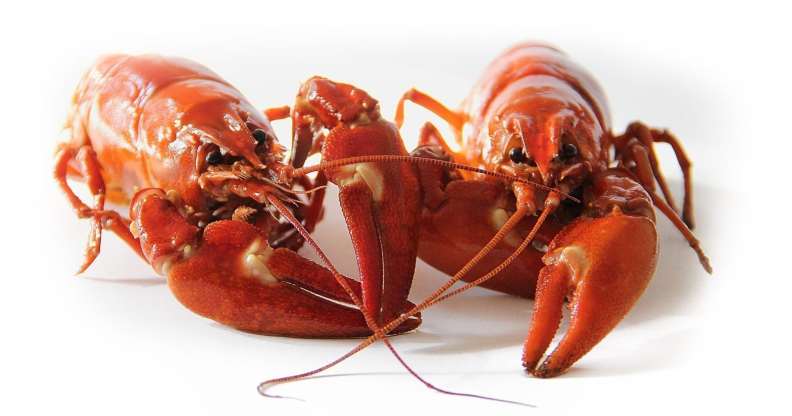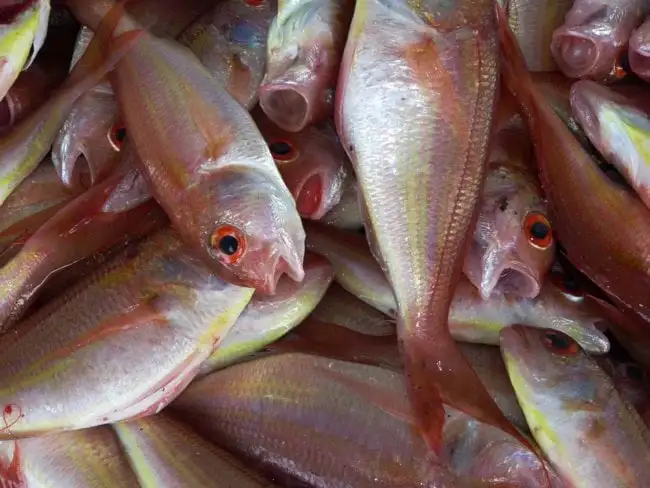Eating fish can make you have sex more and conceive faster, apparently

It’s long been said that oysters can make you horny, and now there’s evidence that seafood in general can make couples have sex more and conceive faster.
A US study which followed 500 straight couples in Michigan and Texas for a year, asked them to log their seafood intake and sexual activity in daily journals.
The results showed that couples were 39 percent more likely to have sex on a day in which they both ate seafood, and furthermore by the end of the year, 92 percent of the couples who ate seafood more than twice a week conceived, compared to the 79 percent of couples who ate less fish.

A couple getting it on in the sea, perhaps because the fish have turned them on (pexels)
The association between seafood and fertility remained even after accounting for how frequently the couples had sex, Yahoo reports.
Using perhaps the least sexy language ever, lead study author Audrey Gaskins, a nutrition researcher at the Harvard T.H. Chan School of Public Health in Boston, explained the results.
She said: “While an increase in sexual activity might be one behavioural mechanism linking seafood intake to higher fecundity, it is not the only mechanism.
“We postulate that the observed association between seafood and fecundity independent of sexual activity could be driven by improvements in semen quality, menstrual cycle function (e.g. increasing the likelihood of ovulation and levels of progesterone), and embryo quality as previous studies have observed these benefits with higher seafood and (omega-3) fatty acid intake.”

Sexy fish (pexels)
At the start of the study couples were asked how often they had eaten canned tuna, crab and shellfish caught locally during the previous year, and men who ate more during the year before tended to have more sex than those who ate less.
There was no meaningful difference for women.
The study also found that women’s rates of conception weren’t influenced by how much seafood they ate in the 12 months before the study.
Seafood consumption also didn’t appear to be influenced by one’s weight, income, education or exercise.
The research wasn’t a controlled experiment and didn’t aim to find if seafood make people more fertile or want to have sex more, and didn’t specify what seafood the couples ate.

This guy’s probably getting laid later (pexels)
While doctors usually advise adults have 2-3 servings of oily fish a week, because it’s linked to lowering the risk of heart disease, women who are pregnant or trying to conceive are told to not exceed three servings, due to the mercury levels found in shark, swordfish, mackerel and tuna.
“All fish are not equal,” said Tracey Woodruff, director of the Program on Reproductive Health and the Environment at the University of California, San Francisco.
“A lot of sardines or anchovies are good, they’re very small and there’s not a lot of contaminants.
”Tuna gets complicated because that can have more mercury in it.”

